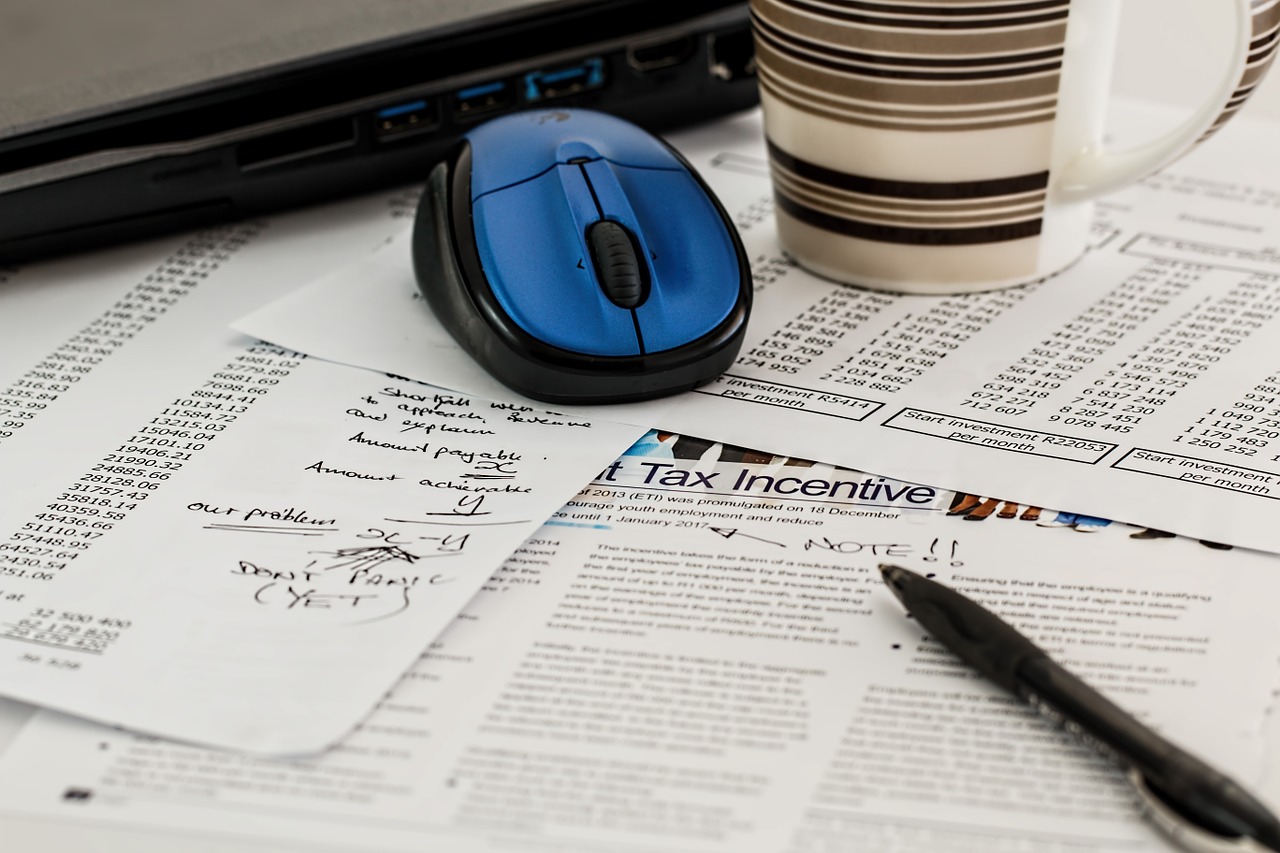 It’s January and the time of year when you need to prepare your taxes or gather the information together to take it to a tax professional. Before January 31 you are required to file 1099-MISC forms for income you paid to independent contractors during the last year. If you paid more than $600 to an individual or a contractor for professional services related to the business of being an author, you need to prepare and mail this form along with Form 1096 which lists the 1099-MISC forms you filed. In order to complete these forms you need to have this individual’s W-9 form completed and on file. It includes a social security number (SS#) or an employer identification number (EIN#) for tax reporting purposes. This information is confidential and you need to keep it in a secure location like a safety deposit box.
It’s January and the time of year when you need to prepare your taxes or gather the information together to take it to a tax professional. Before January 31 you are required to file 1099-MISC forms for income you paid to independent contractors during the last year. If you paid more than $600 to an individual or a contractor for professional services related to the business of being an author, you need to prepare and mail this form along with Form 1096 which lists the 1099-MISC forms you filed. In order to complete these forms you need to have this individual’s W-9 form completed and on file. It includes a social security number (SS#) or an employer identification number (EIN#) for tax reporting purposes. This information is confidential and you need to keep it in a secure location like a safety deposit box.
 Even if you do not itemize your deductions as a professional writer, it is important to keep tax records. Even more important if you do file your income tax with more than $600 annual income from your professional writing efforts. If someone has paid you more than $600 in the past year for your work as a professional writer, than you should expect to receive a 1099-MISC early in February. If you worked as an employee and social security and income tax has already been taken out of your payments, then expect to receive a W-4 which declares your income and taxes paid to the IRS.
Even if you do not itemize your deductions as a professional writer, it is important to keep tax records. Even more important if you do file your income tax with more than $600 annual income from your professional writing efforts. If someone has paid you more than $600 in the past year for your work as a professional writer, than you should expect to receive a 1099-MISC early in February. If you worked as an employee and social security and income tax has already been taken out of your payments, then expect to receive a W-4 which declares your income and taxes paid to the IRS.
If you receive royalties or an advance on royalties, you will need to file this as income with a 1099-MISC because taxes have not been paid on this amount. You pay income tax on the full amount of the check or checks received during the fiscal year from royalties or an advance on royalties. Your agent or publisher will send you a 1099-MISC which you should receive in early February.
 If you do itemize your income tax and plan to take business expense deductions against your income from professional writing, then get your files and receipts organized early. January is the best time and you’ll find your accountant will appreciate you not coming in late to a deadline. Just like your editor, you’ll get more for less money if you’re organized.
If you do itemize your income tax and plan to take business expense deductions against your income from professional writing, then get your files and receipts organized early. January is the best time and you’ll find your accountant will appreciate you not coming in late to a deadline. Just like your editor, you’ll get more for less money if you’re organized.
Travel, meals, and entertainment. If these are legitimate business expenses, gather your receipts together and sum them up. If travel involves your personal automobile, you will need to keep a separate log of business and personal miles. You will need additional documentation to prove the receipts are from a legitimate business trip.
Photography, logo or graphics, website design, postage, photocopying, digital subscriptions to databases, books, conference fees, submission fees, professional memberships, stationary, computer, webhosting, cover art, copyright permission fees, publicist, indexing fees, and on and on. The expenses related to the business of becoming an author is specific to each author and their particular book and circumstances. I am not a professional tax preparer and cannot give specific tax advice. I can suggest how to get organized and seek out professional help if you have any questions or concerns.
 If you have dedicated space in your home where you conduct all of your business as a professional writer you may be able to deduct part of your expenses. Consult a tax professional or see the IRS documentation for how to claim a home office deduction on real estate/utilities.
If you have dedicated space in your home where you conduct all of your business as a professional writer you may be able to deduct part of your expenses. Consult a tax professional or see the IRS documentation for how to claim a home office deduction on real estate/utilities.
If you have purchased health insurance from the state or federal marketplaces and have received a subsidy under the Affordable Health Care Act, you will need to file a 1095a with your income tax. This form should arrive in your mailbox the first week of February. You can also login to healthcare.gov and download the tax form there.
The public library and the post office are two locations where you will find most IRS forms. You can also search online where the majority of forms are available to download and print.
 Some grumble and moan about tax season. I consider it a good time to take stock and make plans for the coming year. More income. Fewer expenses. How can I do that? That’s an enormous challenge for writers today. Avoiding the bottom line doesn’t make it go away. Making plans to meet or exceed the bottom line this year is one benefit from early tax preparation. It helps you see publishing as a business and become more strategic with your investments of time and energy.
Some grumble and moan about tax season. I consider it a good time to take stock and make plans for the coming year. More income. Fewer expenses. How can I do that? That’s an enormous challenge for writers today. Avoiding the bottom line doesn’t make it go away. Making plans to meet or exceed the bottom line this year is one benefit from early tax preparation. It helps you see publishing as a business and become more strategic with your investments of time and energy.
Get busy and get to those taxes! Given how little authors make these days, it’s usually good news when you see the bottom line of adjusted gross income. Who knows? Maybe you’ll get a refund this year.

I wouldn’t have guessed that being an author required that you pay attention to so many expenses for taxes. I totally understand that it’s not something you have to do. However, if I was an author, I’d probably need to hire a tax services.